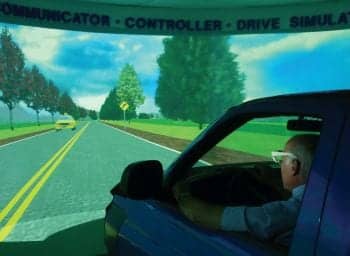August 23, 2006
In a study published in the August 22 edition of PLoS Medicine, Ann Halbower and colleagues from Johns Hopkins University School of Medicine looked at 19 children aged 6 to 16 years old with obstructive sleep apnea (OSA) and compared them with 12 healthy controls. The children underwent sleep tests, a battery of neuropsychological assessments, including IQ tests, and tests of executive function, and a group of children were assessed by magnetic resonance spectroscopy, a special form of brain imaging.
The results of the study showed that children with OSA had significantly lower scores than matched controls on full-scale IQ tests and significantly lower performance on measures of executive function, including verbal working memory (sentence span) and word fluency. The special brain imaging (proton magnetic resonance spectroscopic imaging) showed decreases in the mean neuronal metabolite ratio of N-acetyl aspartate/choline in the left hippocampus and right frontal cortex, indicating possible neuronal injury in these areas.
If these results are confirmed in other children with OSA, and if these results are reversible with treatment, it will highlight the importance of treating children for OSA as soon as possible. In addition, the measurement of metabolites may be a way of measuring how well children are responding to treatment.




